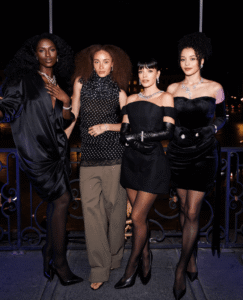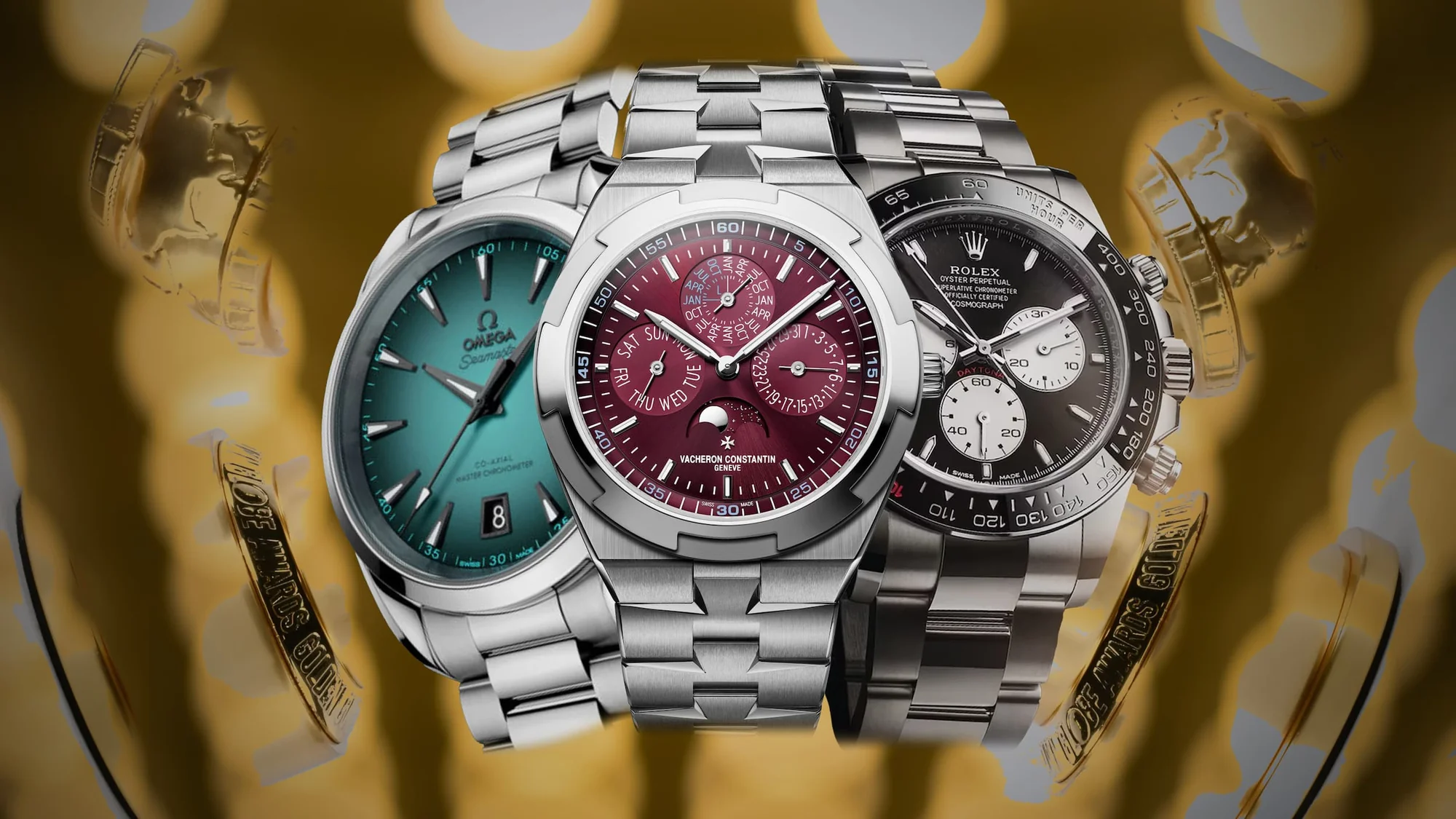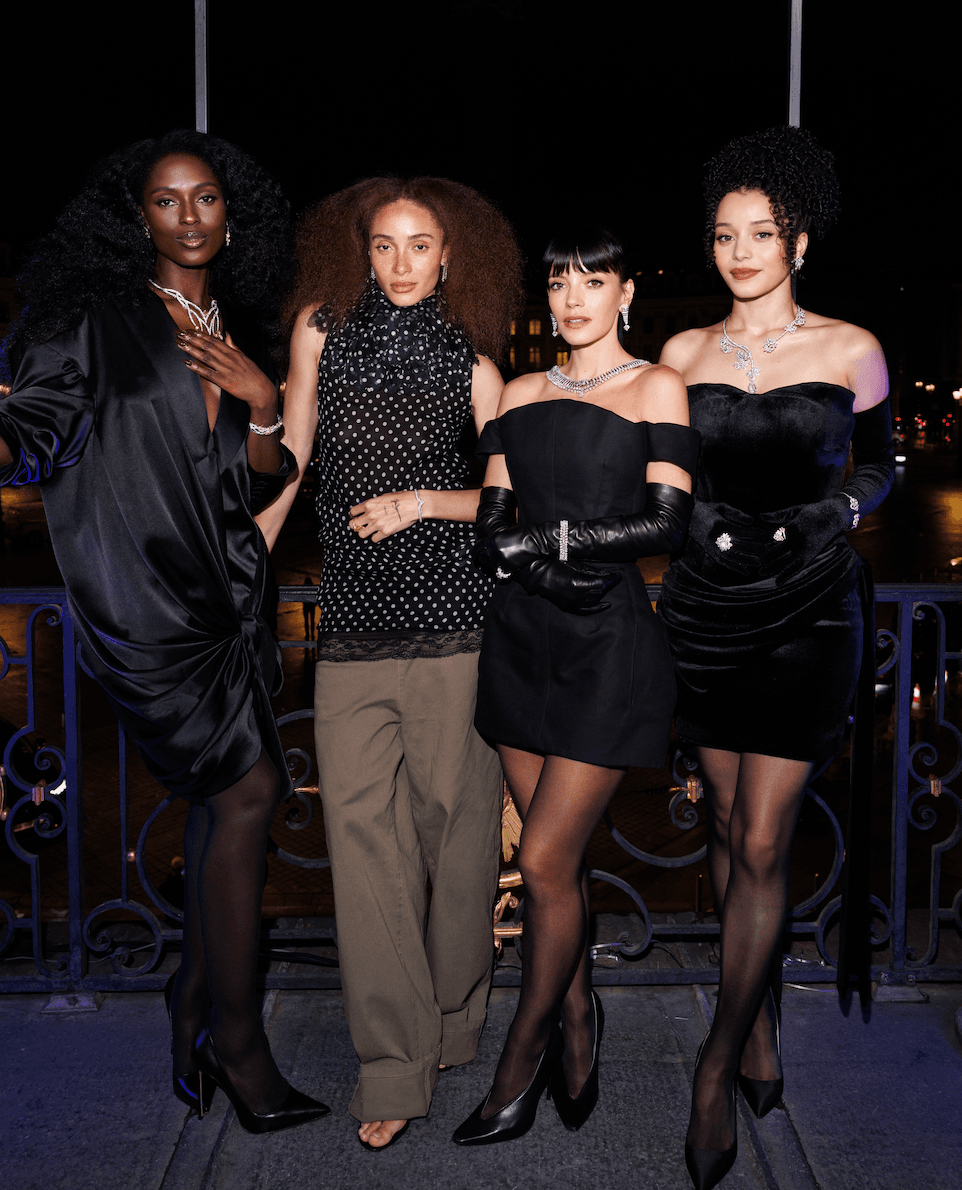The latest edition of The ESG Policy Guide: The Future of Sustainability Legislation for Luxury, published by Baker McKenzie and Positive Luxury, highlights significant regulatory changes across the EU, UK, and US that will impact luxury brands. As legislative momentum around environmental, social, and governance (ESG) standards accelerates, brands are urged to enhance due diligence, transparency, and proactive adaptation to meet these new demands.
Key areas of focus include:
1. EU Green Deal Initiatives: Decarbonization goals through the Circular Economy Action Plan and the Strategy for Sustainable and Circular Textiles are pushing brands to reassess supply chains and document environmental impact.
2. Corporate Sustainability Due Diligence Directive (CSDDD): This directive requires brands to implement thorough due diligence throughout their value chains and align with climate transition goals. The emphasis on a comprehensive climate plan includes achieving the Paris Agreement’s 1.5°C target.
3. Greenwashing Regulations: With the Green Claims Directive and the Directive on Empowering Consumers in the Green Transition, the EU aims to combat greenwashing. Brands are now required to ensure that their environmental claims are substantiated, accurate, and verifiable, with potential penalties for non-compliance.
4. Deforestation and Manufacturing Regulations: Both the EU and UK are enacting legislation to prevent deforestation, affecting brands sourcing natural materials and necessitating sustainable procurement practices.
5. US Legislation on Worker Protections: In the US, initiatives like the proposed Fashion Workers Act in New York aim to enhance labor rights, while the Fashion Sustainability and Social Accountability Act would require fashion companies to disclose supply chain practices and address social and environmental impacts.
As Baker McKenzie’s Katia Boneva-Desmicht notes, these developments underscore the growing expectation for luxury brands to incorporate sustainability as a core part of their value proposition, with stricter enforcement and higher penalties on the horizon. Positive Luxury’s CEO, Amy Nelson-Bennett, suggests that brands should see these regulations not merely as compliance challenges but as an opportunity to lead in sustainable luxury, fostering innovation in eco-friendly materials, recycling, and process improvements.
The report’s recommendations for brands emphasize a holistic approach to ESG, encompassing transparent product lifecycle documentation, alignment with climate objectives, accuracy in environmental claims, and cross-departmental communication on ESG matters. Educating both internal teams and consumers is also highlighted as essential to meeting ESG goals and fostering sustainable practices within the luxury sector.










